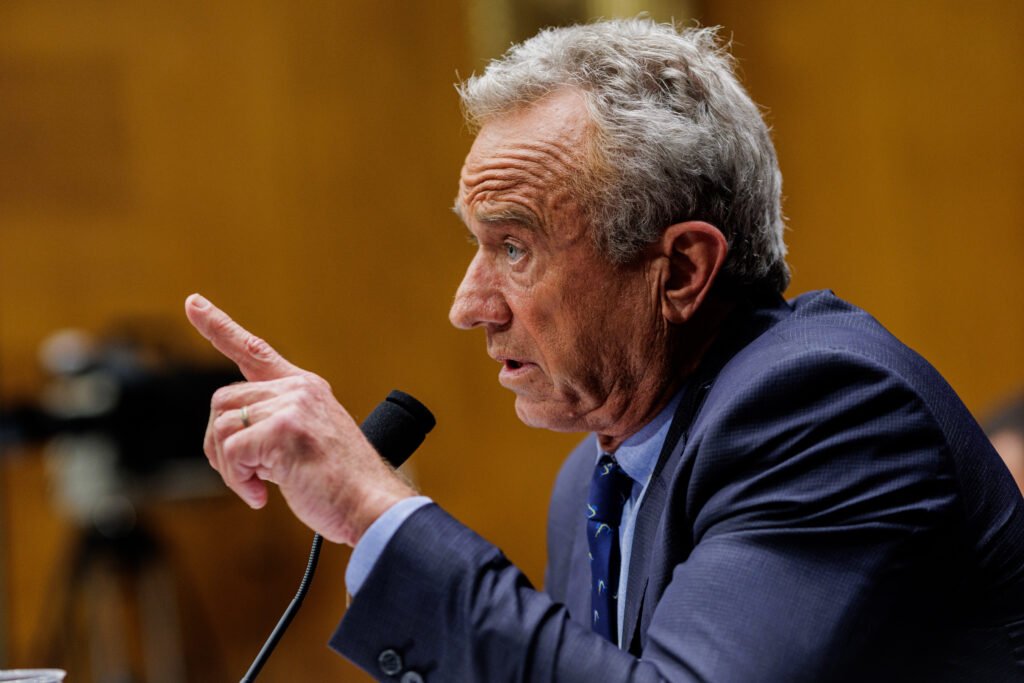Health Secretary Rejects U.N. Pandemic Agreement
Key Points:
- The health secretary has rejected a pandemic agreement adopted by member countries of the U.N. agency.
- This decision has sparked controversy and debate among global health experts and policymakers.
- The health secretary defended the decision, citing concerns about the agreement’s effectiveness and impact on national sovereignty.
Background:
On a recent visit to Capitol Hill, the health secretary made headlines by announcing the rejection of a pandemic agreement that had just been adopted by member countries of the U.N. agency. The decision has raised eyebrows and sparked debate among global health experts and policymakers.
Reasoning Behind the Rejection:
In a press conference following the announcement, the health secretary outlined the reasons for rejecting the pandemic agreement. One of the key concerns cited was the agreement’s potential impact on national sovereignty. The health secretary emphasized the need for countries to have the flexibility to respond to pandemics in a way that best suits their own unique circumstances.
Additionally, the health secretary expressed doubts about the effectiveness of the agreement in addressing the root causes of pandemics and ensuring a coordinated global response. There were also concerns raised about the financial implications of implementing the agreement, with the health secretary highlighting the need for sustainable funding mechanisms.
Reactions and Controversy:
The health secretary’s decision has been met with mixed reactions from the international community. Some have praised the move as a necessary step to protect national interests and sovereignty, while others have criticized it as shortsighted and potentially harmful to global health efforts.
Global health experts and policymakers are closely monitoring the situation and engaging in discussions to find a way forward. It remains to be seen how this rejection will impact future pandemic preparedness and response efforts on a global scale.


